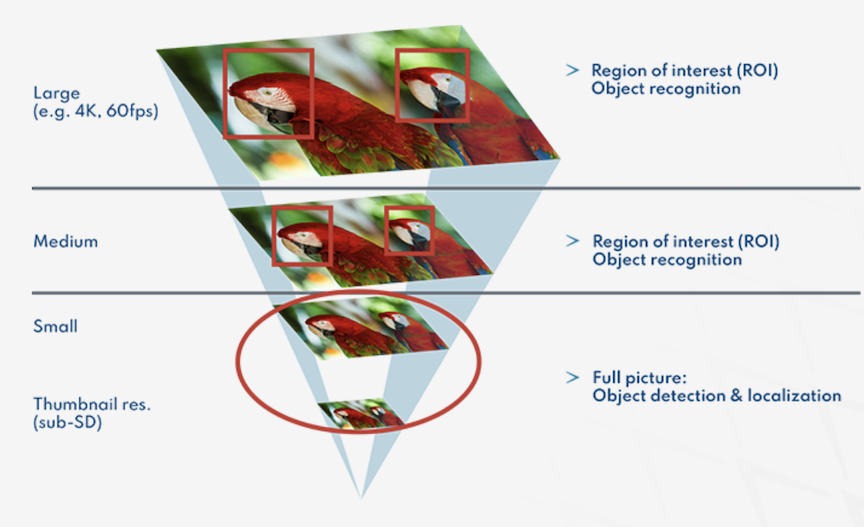
V-Nova announced that their SMPTE VC-6 ST 2117 data coding standard has teamed up with D-Orbit in partnership with intelligent automation specialists Unibap, to demonstrate next generation hyper-spectral imaging from Polar orbit. VC-6 high-performance AI-powered software library will be integrated into Unibap’s SpaceCloud® computing platform onboard a satellite scheduled for launch in Q2 2021. V-Nova is a provider of video compression solutions and D-Orbit is in the field of in-orbit transportation.
Unibap is supported by the European Space Agency and is partnered with telecommunications software developer ENEA and launch partner D-Orbit. Together with V-Nova, they will demonstrate compression methods and algorithms and evaluate alongside Consultative Committee for Space Data Systems (CCSDS) standards for emerging data-driven commercial services from space.
Time is critical to transmit images back to earth since the satellite is small, operates in a low orbit and is only visible to the earth station for a very short period. VC-6 optimizes the use of contended downlinks by progressively downloading high quality (even lossless) lower resolutions, allowing early access of images to the user, then providing higher resolutions with no redundant data until the full resolution is available. Alternatively, if a Region of Interest (RoI) of the image is required, only the high resolution of the RoI is downloaded. All these actions can be automated by computer vision on the ground, working in tandem with computer vision algorithms.
Guido Meardi, CEO and Co-founder, V-Nova said, “This extremely important and exciting project highlights the diversity of high-tech industries which V-Nova is able to help innovate. The fact that VC-6 is able to prioritize transmission of sections of an image in high-resolution is a big advantage since it means the platform need only invest resources into the precise parts of the image that are required at any time. The majority of uses of the imagery from these missions is for scientific use requiring lossless encoding. Being able to compress with low complexity and accelerate the download will allow space systems to become more agile. V-Nova is proud to work with D-Orbit and Unibap towards the development of more efficient satellite imagery systems.”
Dr. Fredrik Bruhn, Chief evangelist, and board member, Unibap, said, “We are very pleased to be the first to demonstrate VC-6 on SpaceCloud in orbit. We will upload additional SpaceCloud applications and experiments throughout the mission lifetime to open up the business potential of in-space data processing.”
Simon Reid, D-Orbit UK COO said, ”D-Orbit’s ION Satellite Carrier provides unique opportunties to demonstrate new technologies – in this case working with V-Nova and Unibap to evaluate performance of VC-6 compression in a real on-orbit environment. Cloud/AI enabled image processing is an important element in the range of On-Orbit services that D-Orbit will offer to customers.”
V-Nova’s VC-6 technology will be deployed into Unibap’s SpaceCloud solution and integrated into D-Orbit’s ION SCV Dauntless David spacecraft which is scheduled for launch in June 2021.
